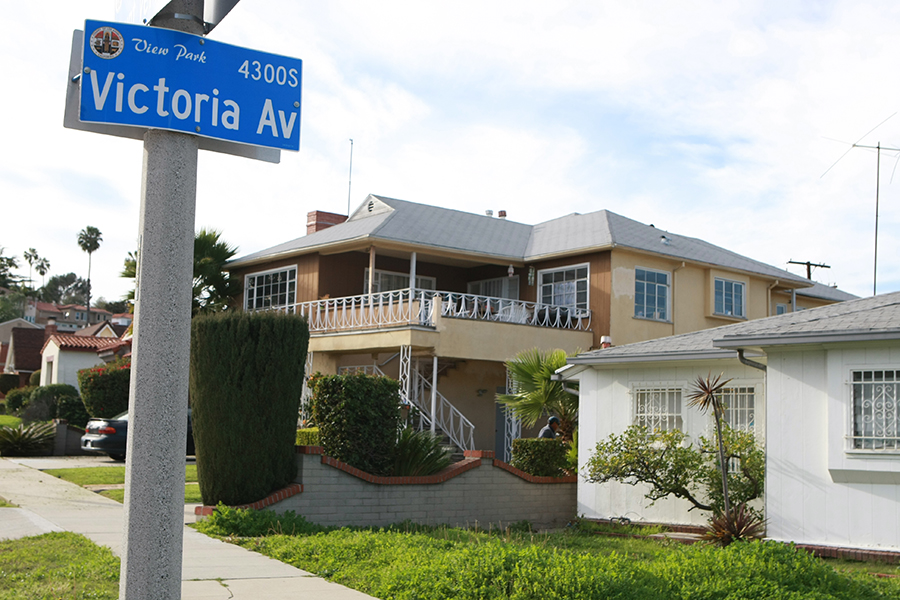Homeowners and renters are relying on government support to weather the storm.

By Sunny Jones
COVID-19 is having an impact in some way, shape or form on every industry right now and real estate is not exempt. The question is, what does the short and long-term effects look like for the housing market and what resources are available to you to help you weather the storm?
We are either all in a sci-fi movie or unprecedented times, and everyday we are flooded with new information that causes us to have to pivot quickly. Initially real estate was deemed non-essential, changed to essential, and currently at the time of this article, essential but with safety practices in place such as no open houses and showings.
We are currently anticipating a 2-3 month period of downward movement of sales volume as this crisis cycles through. While we’re able to offer virtual tours and other creative methods utilizing technology to help move property to service those that still need/choose to sell and buy, the reality is, reducing physical traffic is limiting to the transaction process. Some buyers are taking advantage of the reduced competition as inventory had been low prior to the pandemic. The optimistic hope is that this will be a sharp downturn followed by a healthy recovery (think a ‘v’ shape, as opposed to a ‘u’-shape recovery). A lot of this depends on how quickly we can flatten the curve of the virus.
The good news is there are a ton of resources that have been approved and are being deployed. For homeowners, Governor Gavin Newsom announced mortgage forbearance relief, where individuals affected by COVID-19 can contact their lender and request a forbearance. Each lender has their own protocol and guidelines, ranging from 90 days to begin with for larger lenders, to a review every 30 days with some smaller lenders. Requesting a forbearance will not negatively impact your credit. At some point in the future when you are able to start making payments, those funds may be required in full at the end of the forbearance period, spread out over a designated period of time, or you may refinance the loan, again, depending on the lender.
This is a powerful tool, that if used appropriately, can keep many households afloat. If you are negatively affected by COVID-19 and choose forbearance as your best course of action, continue to save whatever portion of your payment you can, so that at the end of the forbearance term, you have the option to catch up right away, or utilize one of the other options your lender provides.
There’s help for Los Angeles renters too! Mayor Eric Garcetti issued a temporary moratorium on evictions for non-payment. If you lost income, have increased child care costs, increased healthcare expenditures, etc., you are a protected tenant and will have up to 12 months following the expiration of the emergency to pay any back rent. It’s important to note, just like with the mortgage forbearance, you are ultimately responsible for the rent.
While unemployment claims are through the roof, the timeline to collect unemployment has been reduced (no one week waiting period), the benefit amount is an additional $600 per week, totaling to a max of $1050 per week, for up to 4 months. People not previously allowed to collect, such as gig workers and the self-employed, are also able to collect unemployment benefits. The process for accepting application for the self-employed is being put in place. These funds are being deployed to help households meet their financial obligations.
HUD will also receive $3 billion dollars to help keep low-income individuals safely housed. Additionally, $1.9 billion is being allotted to public housing agencies (PHAs) to keep over 3.2 million Section 8 vouchers and public housing households housed and another $1 billion is earmarked to allow the continuation of housing assistance contracts with private landlords for over 1.2 million Project-Based Section 8 households. The bill also provides $65 million to the elderly and disabled and another $65 million for Housing Opportunities for Persons with AIDS.
Communication is key during this time. There is a lot of well intentioned, but bad information floating around the internet and social media. Reach out directly to your creditors if you’re in a jam and see what help they can provide and understand the terms of the assistance. Many consumers have found an easy, favorable process when reaching out.
For every industry that’s struggling, there are new opportunities being birthed in another industry. If you are fortunate enough to be able to pay your bills, keep doing so! We all have our own unique set of circumstances and it’s important we make smart decisions accordingly.









